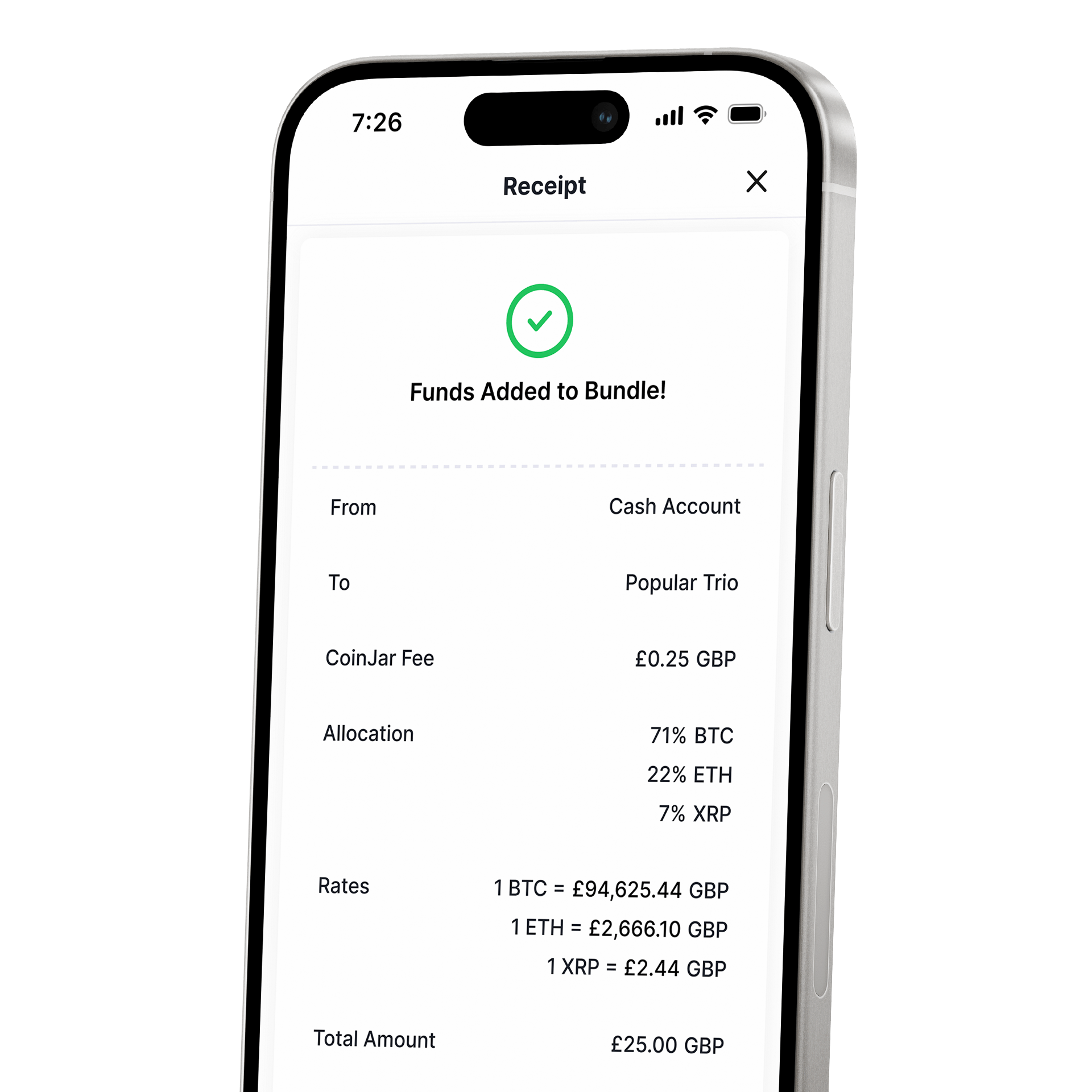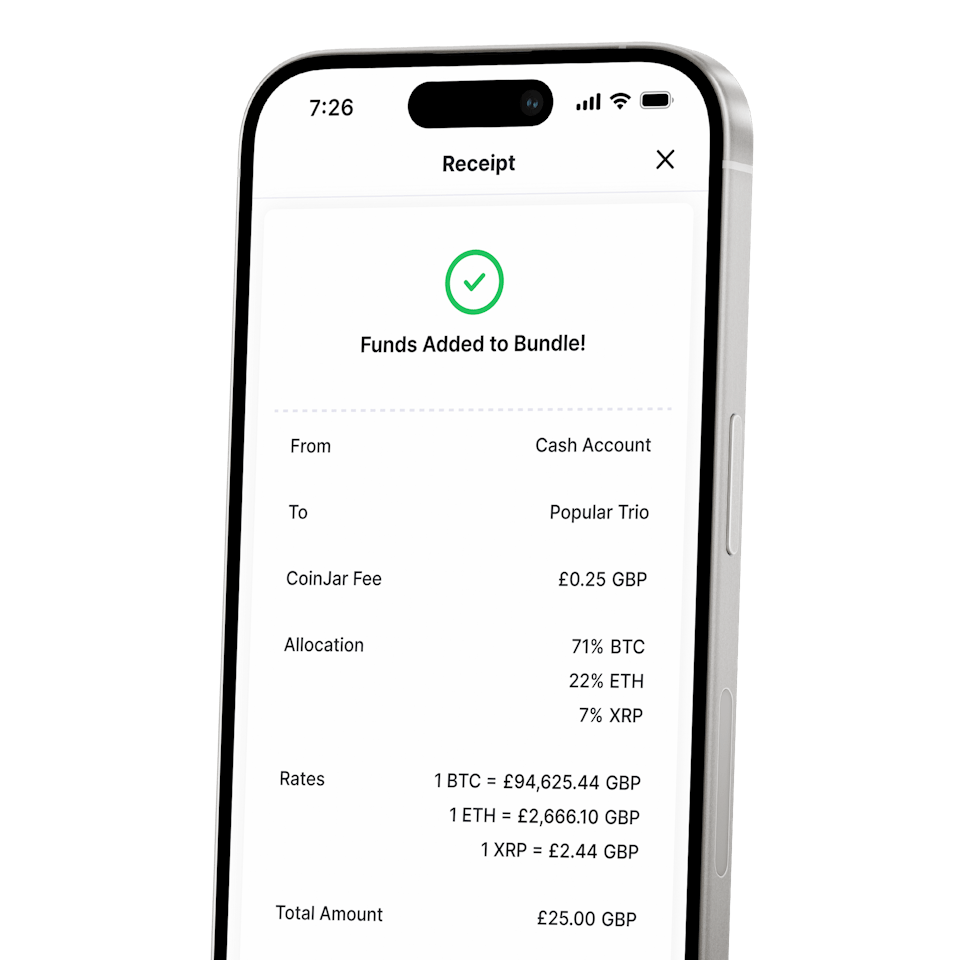Buy Ethereum Name Service
Ethereum Name Service
ENS
What is Ethereum Name Service?
How to Buy Ethereum Name Service (ENS): Why do investors buy ENS? Because ENS simplifies crypto addresses for everyone. Let’s break it down.
What is ENS?
The Ethereum Name Service (ENS) is a distributed technology based on the Ethereum blockchain. Its mission is to provide an elegant solution to the long and confusing crypto addresses we encounter in the world of cryptocurrencies.
Think of ENS as a way to create a human-readable name that represents your crypto address, similar to a website domain or an email address.
What is the ENS token? (ENS)
The Ethereum Name Service (ENS) token (or crypto) is built on the ERC-20 standard and serves as a governance token within the ENS community. Its primary purpose is to enable community members to propose and vote on changes within the Decentralised Autonomous Organisation (DAO).
The total supply of ENS tokens is capped at 100 million. Currently, 31.2 million tokens are in circulation (as at 14 May 2024).
Why is ENS useful?
Human-readable names
Cryptocurrency addresses are typically a string of random characters (like 0x98...674). Remembering or sharing these addresses can be challenging. ENS allows you to create a custom name (e.g., nick.eth) that maps to your actual crypto address. Now you can share your ENS name instead of the complex address, making transactions convenient and more intuitive.
One name for all chains
With ENS, you can use the same name across different blockchains. No more copying and pasting lengthy addresses! Whether you’re receiving Ethereum, tokens, or NFTs, your ENS name covers it all.
Decentralised websites
ENS also enables censorship-resistant, decentralised websites. By uploading your website to the InterPlanetary File System (IPFS) and associating it with your ENS name, you create a user-friendly way to access your content. Imagine browsing websites like “mywebsite.eth” instead of IPFS hashes!
How does ENS work?
Registering an ENS name
Users can register ENS names through various wallets and services. Choose a unique name (e.g., your nickname or brand) and link it to your crypto address.
Resolving ENS names
When someone enters an ENS name (e.g., “alice.eth”), the ENS system translates it into the corresponding crypto address (e.g., 0x...).
This resolution happens behind the scenes, making it seamless for users.
Integration with wallets and services
ENS is widely integrated into wallets, browsers, and apps. You can use your ENS name across platforms, simplifying transactions and interactions.
The future of ENS
ENS simplifies crypto addresses by replacing them with user-friendly names, making transactions more intuitive. For example, instead of sharing a lengthy address like “0xDC25E998338AF3F5B8A1862ADA83795FBA2D695E,” you can use a more logical format like “CoinJar.eth.”
As blockchain adoption grows, ENS will play an essential role in making crypto more accessible. Imagine a world where sending funds is as convenient as typing a friend’s name! ENS could theoretically increase in popularity and expand to support more chains, enhance protection, and become a standard part of the crypto experience.
ENS bridges the gap between complex crypto addresses and human-friendly names, making the decentralised world more user-friendly.







Cash, credit or crypto?
Buy Ethereum Name Service using Visa or Mastercard. Get cash in your account with Faster Payments Service (FPS). Convert crypto-to-crypto with a single click.How to buy Ethereum Name Service with CoinJar
Start your cryptocurrency portfolio with CoinJar by following these steps.
Finder Awards Winner 2024
CRYPTO TRADING - VALUEFinder Awards Winner 2024
CRYPTO TRADING - VALUE
Featured In


CoinJar App
All-in-one crypto walletCoinJar App
All-in-one crypto wallet

CoinJar Exchange
FOR PROFESSIONAL CRYPTO TRADERS
CoinJar Exchange
FOR PROFESSIONAL CRYPTO TRADERS
CoinJar DCA & Bundles
AUTOMATE & DIVERSIFY YOUR PORTFOLIOCoinJar DCA & Bundles
AUTOMATE & DIVERSIFY YOUR PORTFOLIO
Standard Risk Warning: The above article is not to be read as investment, legal or tax advice and it takes no account of particular personal or market circumstances; all readers should seek independent investment advice before investing in cryptocurrencies.
The article is provided for general information and educational purposes only, no responsibility or liability is accepted for any errors of fact or omission expressed therein. Past performance is not a reliable indicator of future results.
We use third party banking, safekeeping and payment providers, and the failure of any of these providers could also lead to a loss of your assets. We recommend you obtain financial advice before making a decision to use your credit card to purchase cryptoassets or to invest in cryptoassets. Capital Gains Tax may be payable on profits.
CoinJar's digital currency exchange services are operated in the UK by CoinJar UK Limited (company number 8905988), registered by the Financial Conduct Authority as a Cryptoasset Exchange Provider and Custodian Wallet Provider in the United Kingdom under the Money Laundering, Terrorist Financing and Transfer of Funds (Information on the Payer) Regulations 2017, as amended (Firm Reference No. 928767). In the UK, it's legal to buy, hold, and trade crypto, however cryptocurrency is not regulated in the UK.
It's vital to understand that once your money is in the crypto ecosystem, there are no rules to protect it, unlike with regular investments. You should not expect to be protected if something goes wrong. So, if you make any crypto-related investments, you're unlikely to have recourse to the Financial Services Compensation Scheme (FSCS) or the Financial Ombudsman Service (FOS) if something goes wrong.
The performance of most cryptocurrency can be highly volatile, with their value dropping as quickly as it can rise. Past performance is not an indication of future results. Remember: Don't invest unless you're prepared to lose all the money you invest. This is a high-risk investment and you should not expect to be protected if something goes wrong. Take 2 mins to learn more at: https://www.coinjar.com/uk/risk-summary.
UK residents are required to complete an assessment to show they understand the risks associated with what crypto/investment they are about to buy, in accordance with local legislation. Additionally, they must wait for a 24-hour "cooling off" period, before their account is active, due to local regulations. If you use a credit card to buy cryptocurrency, you would be putting borrowed money at a risk of loss.
We recommend you obtain financial advice before making a decision to use your credit card to purchase cryptoassets or to invest in cryptoassets.
Specific risks associated with DeFi tokens Decentralised Finance (or 'DeFi') tokens (e.g. UNI, AAVE) are crypto-assets linked to financial applications and protocols built on decentralised blockchain technology. DeFi tokens carry the following risks:
Smart contract risk: DeFi relies heavily on smart contracts. Even a minor coding error or oversight can lead to a contract being exploited, potentially resulting in significant losses for DeFi tokens.
Regulatory risk: DeFi operates in a decentralised manner, often without intermediaries or financial crime controls. Regulatory bodies across jurisdictions might introduce new regulations impacting the use, value, or legality of certain DeFi protocols or assets.
Rug-pulls / Exit scams: Some DeFi projects might be launched by anonymous or pseudonymous teams, increasing the risk of "rug pulls" where developers abandon the project and withdraw funds, leaving investors with worthless tokens.
Data/oracle risk: DeFi protocols often rely on external data sources or 'oracles. Manipulation or inaccuracies in these data sources can lead to unintended financial outcomes within the protocols. Protocol complexity: The complexity of some DeFi protocols can make it difficult for average users to fully understand the mechanisms and associated risks.
Specific risks associated with meme coins:
'Meme coins' (e.g. DOGE, SHIB, PEPE) are crypto-assets whose value is driven primarily by community interest and online trends.
Meme coins carry the following risks:
Volatility risk: Meme coins can have extreme price volatility, often experiencing rapid and unpredictable price fluctuations within short periods. The value of meme coins can be influenced by social media trends, celebrity endorsements, and other factors unrelated to traditional investment fundamentals. Lack of utility: Meme coins often lack intrinsic value or utility, being primarily driven by community interest, online trends, and speculative trading.
Market manipulation: Meme coins may be susceptible to increased risk of market manipulation including 'pump-and-dump' schemes, where the price is artificially inflated followed by a sudden crash.
Lack of transparency: Meme coins may have limited available information about their development teams, goals, and financials. This lack of transparency can make it challenging to assess the credibility and potential of a meme coin accurately.
Emotional investing: Meme coins often garner strong emotional reactions from investors, leading to impulsive decisions. Emotional trading activity can amplify losses.
Specific risks associated with stablecoins:
There is a risk that any particular stablecoin may not hold their value as against any fiat currency; or may not hold their value as against any other asset. Stablecoins carry the following risks:
Depegging events: Depegging events may occur with stablecoins that fail to maintain adequate controls and risk mitigants. A depegging event is when the value of the stablecoin no longer matches the value of the underlying asset. This could result in a loss of some or all of your investment.
Counterparty risk: Counterparty risk arises when an asset is backed by collateral, involving a third party maintaining the collateral, which introduces risk if the party becomes insolvent or fails to maintain it.
Redemption risk: Redemption risk refers to the possibility that an asset's ability to be redeemed for underlying collateral may not be as anticipated during market fluctuations or operational issues.
Collateral risk: Collateral risk refers to the possibility of the collateral's value declining or becoming volatile, potentially impacting the asset's stability, particularly when it is another crypto-asset.
Exchange rate fluctuations: Stablecoins, often denominated in US Dollars, expose investors to fluctuations in the USD:GBP exchange rate. Algorithmic risk: Algorithm risk refers to the possibility of an asset's stability being compromised due to unexpected failure or behaviour of the underlying algorithm, potentially leading to loss of value.
CoinJar does not endorse the content of, and cannot guarantee or verify the safety of any third-party websites. Visit these websites at your own risk.
Your information is handled in accordance with CoinJar’s Privacy Policy.
Cryptoassets traded on CoinJar UK Limited are largely unregulated in the UK, and you are unable to access the Financial Service Compensation Scheme or the Financial Ombudsman Service.
We use third party banking, safekeeping and payment providers, and the failure of any of these providers could also lead to a loss of your assets.
We recommend you obtain financial advice before making a decision to use your credit card to purchase cryptoassets or to invest in cryptoassets. Capital Gains Tax may be payable on profits.
CoinJar’s digital currency exchange services are operated in the UK by CoinJar UK Limited (company number 8905988), registered by the Financial Conduct Authority as a Cryptoasset Exchange Provider and Custodian Wallet Provider in the United Kingdom under the Money Laundering, Terrorist Financing and Transfer of Funds (Information on the Payer) Regulations 2017, as amended (Firm Reference No. 928767).
Apple Pay and Apple Watch are trademarks of Apple Inc. Google Pay is a trademark of Google LLC.
This site is protected by reCAPTCHA and the Google Privacy Policy and Terms of Service apply.